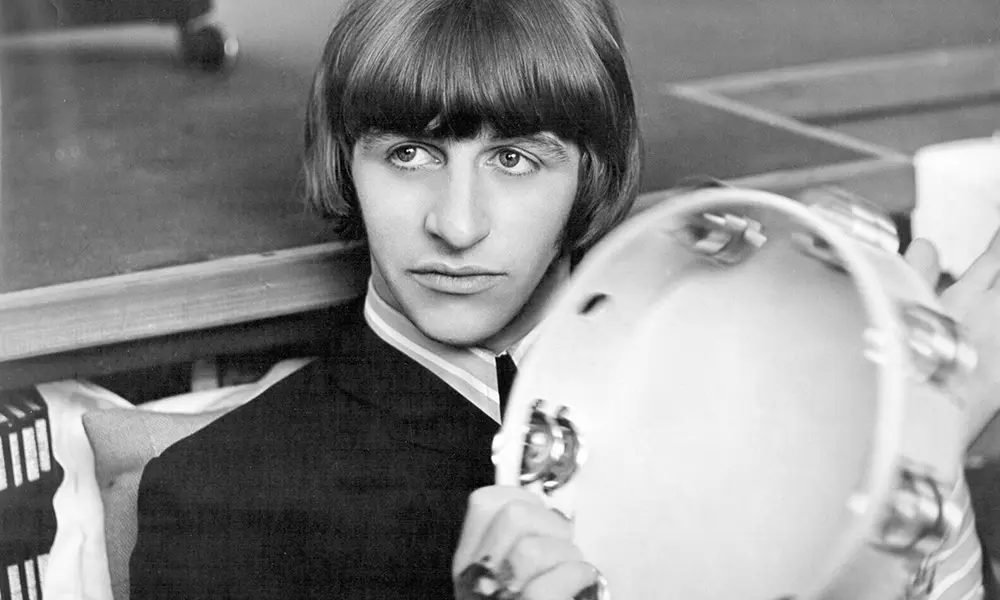When immersing yourself in any composition by The Beatles, whether a collaborative effort or an individual pursuit in their solo careers, you are delving into a rich tapestry woven from a myriad of musical influences. Beyond the spectrum of well-received melodies lie instances of creative experimentation, and within the realms of pop music, subtle traces of diverse genres.
The narrative of The Beatles begins with their shared upbringing in comparable environments, catapulting them into stardom from a tender age and endowing them with global acclaim. Consequently, they diverged into distinct artistic trajectories, fostering a symphony of interests that shaped their later musical endeavors. Their compositions became a fusion of early influences intertwined with the allure of their celebrity status.
Consider the example of John Lennon, crafting “Strawberry Fields Forever,” a composition that intertwined recollections of his childhood garden with the psychedelic currents of the era. Paul McCartney seamlessly integrated the musical hall traditions of his upbringing into his creative repertoire.
George Harrison’s exploration of meditation and spirituality left an indelible mark on his musical contributions, blending seamlessly with earlier Beatles compositions that had never seen the light of recording. Meanwhile, Ringo Starr’s affection for country music, rooted in his early exposure to the genre, became a significant influence on his songwriting.
Though credited with only two songwriting contributions to The Beatles, Ringo Starr left an indelible mark, with “Octopus’s Garden” and the earlier “Don’t Pass Me By.” Reflecting on his songwriting journey, Starr revealed his initial attempts involved rewriting others’ songs, particularly Jerry Lee Lewis’s B-sides. Despite limited contributions, Starr expressed the thrill of the creative process, recalling the magical transformation of a song written on the piano into a recorded track shared with fellow musicians.
“Don’t Pass Me By,” while retaining the unmistakable Beatles sound, stands out as one of their rare forays into country music. Though surprising in the context of The Beatles, the country’s influence finds its roots in Starr’s upbringing in Liverpool, a port city often regarded as the capital of country music in England. The proximity to sailors, their penchant for playing country records, and the unique cultural milieu of Liverpool contributed to Starr’s natural affinity for the genre. This trait persisted in his solo work, notably in “Beaucoups of Blues.”
Throughout their meteoric rise to fame, The Beatles maintained a steadfast commitment to individuality. Amidst the collaborative synergy, each member’s unique inspirations and initial musical motivations resonated in their compositions. For Ringo Starr, the unmistakable echoes of country music are discernible, a testament to the enduring impact of his upbringing and the diverse cultural influences that shaped his musical identity.
